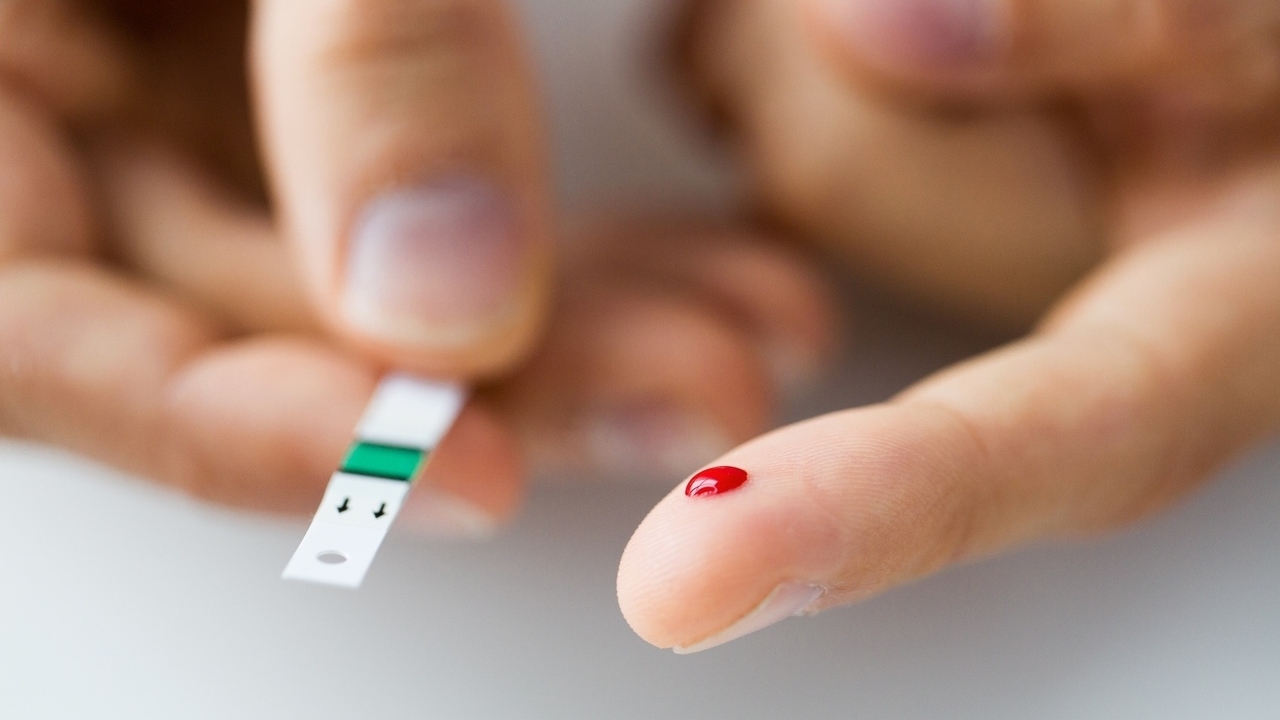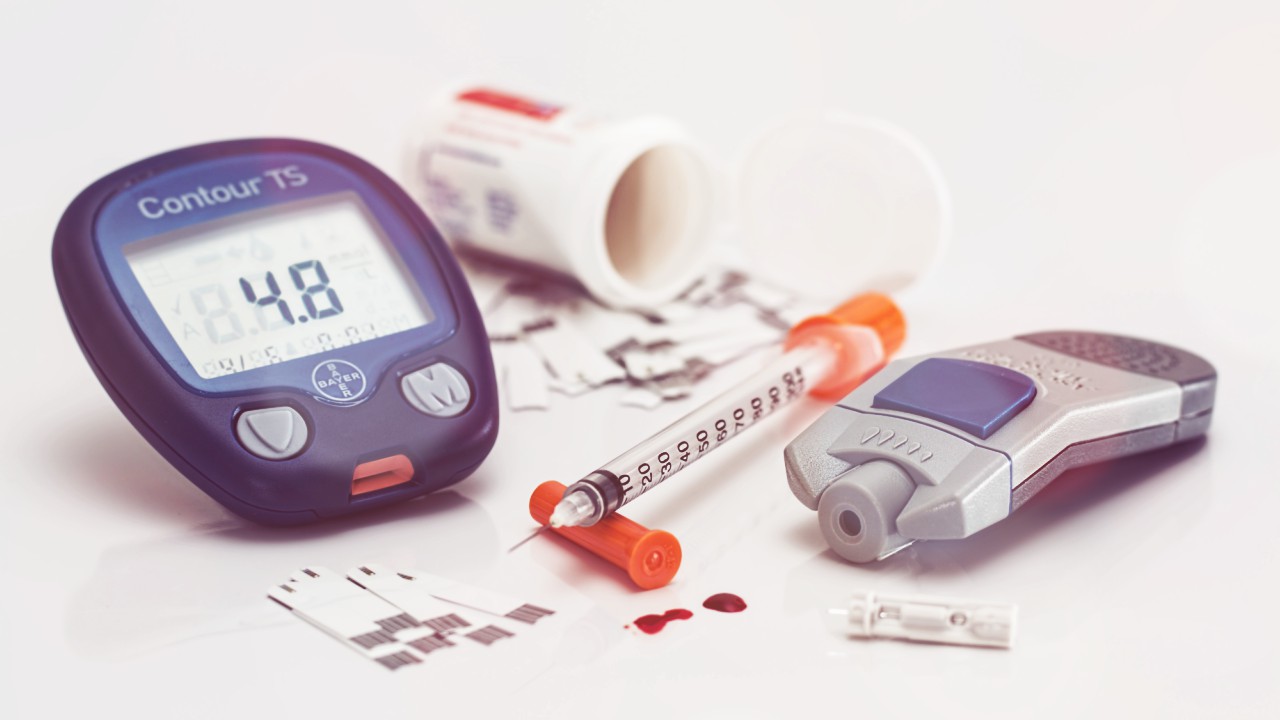 Jordache/PhotoSpin
Jordache/PhotoSpin
Is your brain function at risk? If you have diabetes and you have protein in your urine, it might be. That was the conclusion of a new study published in the Clinical Journal of the American Society of Nephrology (CJASN).
Diabetes is the condition that occurs when the body is not able to process sugar effectively. Normally, sugar is carried through the body in the bloodstream. The hormone insulin acts as a key to open cells so they can take in insulin which is used by the cells as a source of energy.
Diabetes results when the body is no longer able to process sugar effectively, either because the body cannot produce enough insulin or because the insulin does not function correctly. When this happens, sugar builds up in the blood and can damage organs including the kidneys.
In medical terms, the word for protein is albumin. Albuminuria is a condition where too much protein or albumin is found in the urine.
Albuminuria occurs when the kidneys are damaged so they cannot completely filter protein out of the urine. When albuminuria is found in two tests over several weeks, the condition is known as persistent albuminuria. This can be one of the first signs of diabetic kidney disease.
Scientists know that people with diabetes are at increased risk of cognitive impairment or decreased brain function. Researchers from the Kaiser Permanente of Georgia/Emory School of Medicine and the National Institute on Aging wanted to know whether high levels of protein in the urine of older diabetic patients could help predict whether they were at risk for cognitive decline.
The research team studied 2,977 people with diabetics with an average age of 62 years. Patients entered the study between August 2003 and December 2005 and were tracked through June 2009.
Each participant was tested three times -- at the beginning of the study and again at 20 and 40 months into the study. Testing measured how fast participants could mentally process information, their verbal memory, and their ability to execute tasks.
The study revealed that people who had persistent albuminuria over the course of four to five years experienced a greater than 5 percent decline in their ability to process information. Their other test scores were not affected.
The research team believes that although the decline was slight in five years, it highlights the beginning of a trend that will only get worse over 10 to 15 years. This could translate to noticeable or significant mental decline by age 75 or 80, which is when cognitive decline is frequently diagnosed.
Scientists recognize that people with diabetes are 50 to 60 percent more likely to experience cognitive decline as they age than people without diabetes This study may provide insight for early diagnosis of declining mental function that could lead to early treatment to slow the process.
A simple urine test is available to test for albuminuria. If you have questions about diabetes or other risk factors for kidney damage, talk to your health care professional.
Sources:
NewsWise. Simple Urine Test May Help Identify Individuals with Diabetes at Risk for Cognitive Decline. Web. September 2, 2013
http://www.newswise.com/articles/simple-urine-test-may-help-identify-ind...
National Kidney Foundation. Albuminuria. Web. September 3, 2013.
http://www.kidney.org/atoz/content/albuminuria.cfm
American Diabetes Association. Diabetes Basics. Web. September 3, 2013.
http://www.diabetes.org/diabetes-basics/?loc=GlobalNavDB
Reviewed September 4, 2013
by Michele Blacksberg RN
Edited by Jody Smith




Add a CommentComments
There are no comments yet. Be the first one and get the conversation started!